
Can You Crack This Week’s WritersWeekly Trivia Challenge? Test Your Knowledge Now!
Ever wonder why some contests just grab your attention while others fade into the background?…
Unveiling the Hidden Truth: The Spellbinding Secret Within G. S. Katz’s Poem
Isn't it fascinating how a few words can ignite a wildfire of passion, setting our…
Exposing the Dark Secrets: Shocking Confessions from Publishing Scam Victims in Episode 14
Ever wonder how some writers effortlessly turn their passion into a thriving career while others…
The Shocking Truth Behind Sharing My Book Title With a Stranger Revealed!
Ever found yourself clutching the “perfect” book title — that gleaming nugget of genius you…
Unlock Hidden Ecommerce Profits: Master SEO Audits in 4 Simple Stages [+ Free Workbook]
Ever wondered why your online store isn’t grabbing the spotlight it deserves on Google —…
Uncover the Hidden Secrets Behind Every Thrilling Scene in “Argo” (2012)
Ever wonder what it really takes to peel back the layers of a screenplay and…
Unlock the Secret to Instantly Transforming Your WordPress Login Page Logo!
Ever stared at that plain old WordPress login screen and wondered, “Could this be any…
Inside the Ultimate Showdown: Who Will Claim the Throne of Book Building?
Ever wondered what happens when a seasoned writer dives headfirst into the world of book…
Unlocking the Secret Language of Punctuation: Why Dashes and Hyphens Could Change How You Write Forever
You ever stop mid-sentence—fingers poised over the keyboard—wondering, "Is that little horizontal line a dash,…
Unlock the Hidden Secrets to Vividly Capturing the Ocean’s Majesty in Your Writing
Ever tried describing the sea in your writing and ended up sounding like a weather…



![Unlock Hidden Ecommerce Profits: Master SEO Audits in 4 Simple Stages [+ Free Workbook]](https://writersdepot.org/wp-content/uploads/2025/07/unlock-hidden-ecommerce-profits-master-seo-audits-in-4-simple-stages-free-workbook-150x150.png)



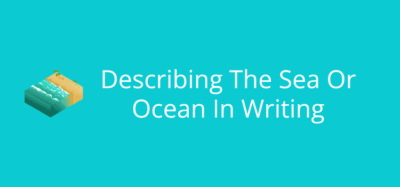



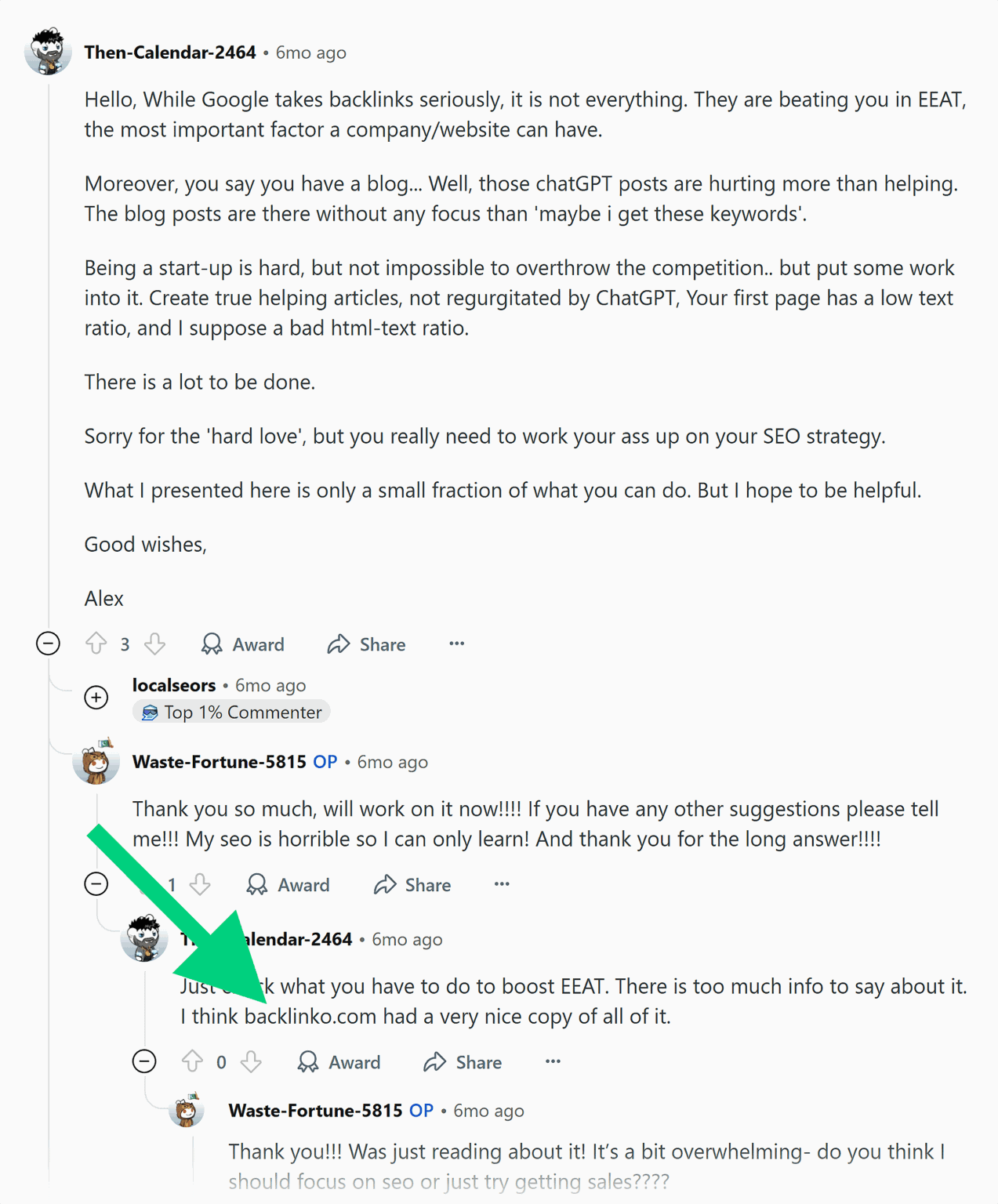


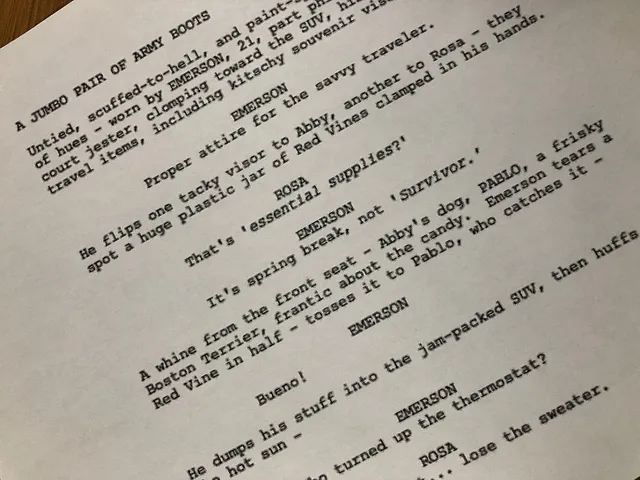
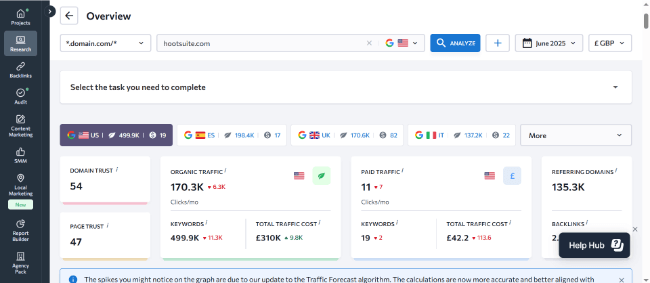





![Unlock Hidden Ecommerce Profits: Master SEO Audits in 4 Simple Stages [+ Free Workbook]](https://writersdepot.org/wp-content/uploads/2025/07/unlock-hidden-ecommerce-profits-master-seo-audits-in-4-simple-stages-free-workbook.png)

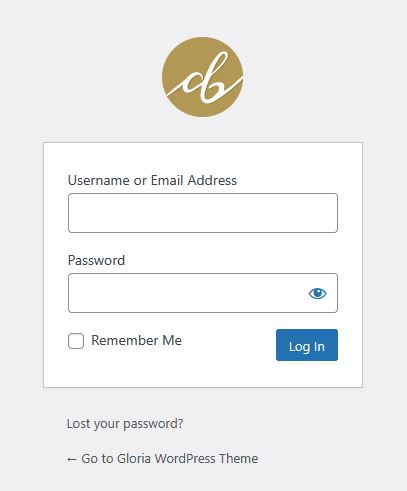



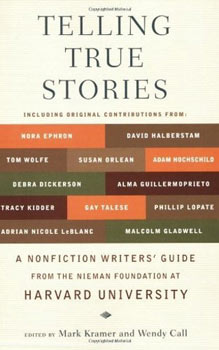




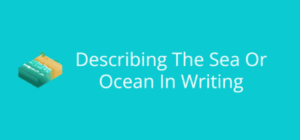


![Unlock Hidden Ecommerce Profits: Master SEO Audits in 4 Simple Stages [+ Free Workbook]](https://writersdepot.org/wp-content/uploads/2025/07/unlock-hidden-ecommerce-profits-master-seo-audits-in-4-simple-stages-free-workbook-300x286.png)